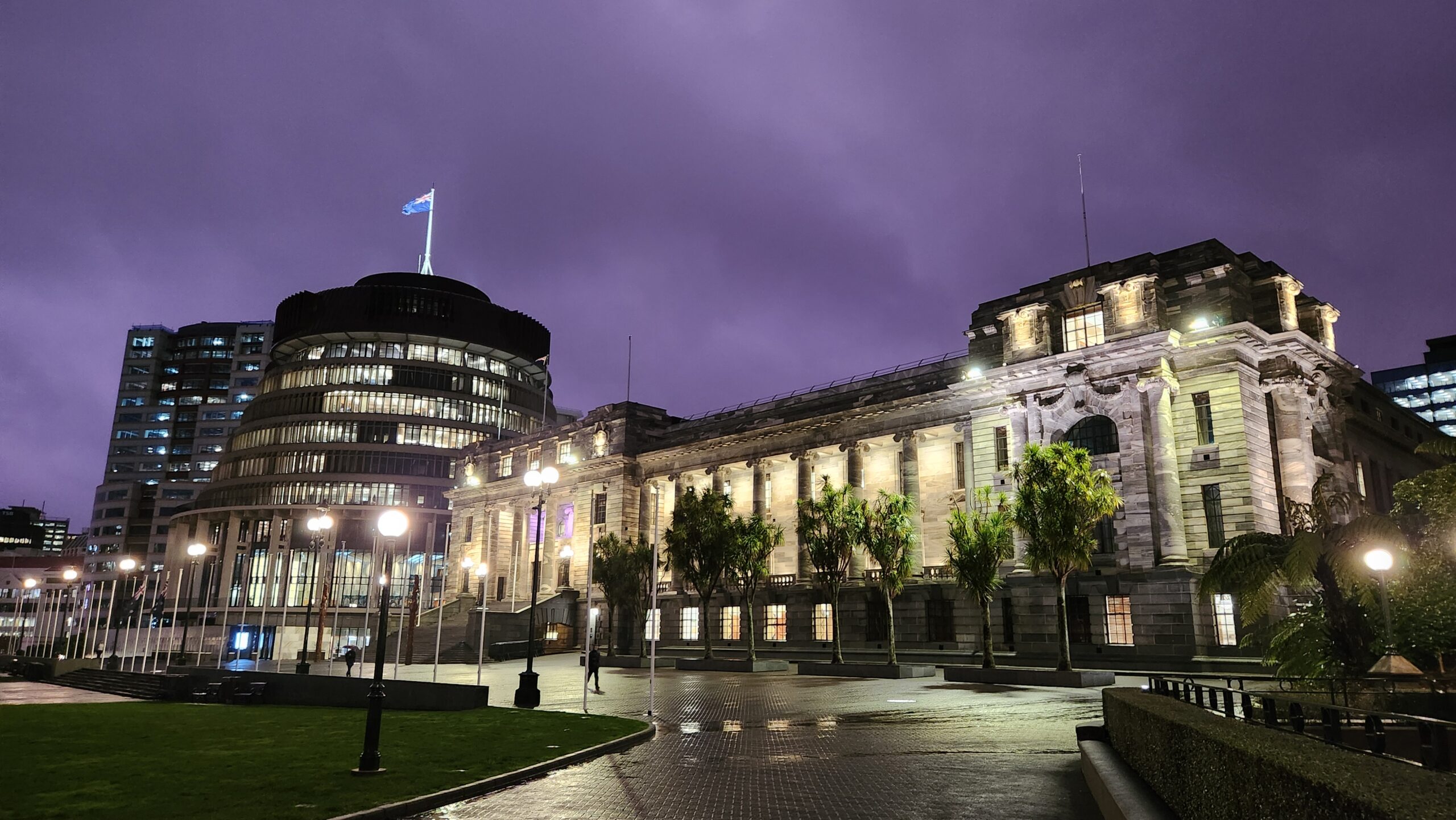Whether it’s resource management, climate, water, waste, or land use, public policies shape the sustainability challenges we tackle, and the solutions that are built. But if you’ve ever thought about submitting on a policy or regulation and felt unsure where to start, you’re not alone. The good news is that you don’t need to be a full-time policy analyst to have an impact.
Before we get into the detail, a fundamental principle to be aware of is that policy processes in New Zealand include obligations under Te Tiriti o Waitangi, and that Māori perspectives and mātauranga Māori are integral to sustainable decision-making.
Understanding what’s coming up
To know what’s coming up, you can keep an eye on Beehive announcements or subscribe to updates from the ministries responsible for topics you’re interested in. The location of these updates varies, but often you can find a subscribe link through the “News” or “About Us” part of the website, or the website for the specific policy programme. For example, updates on the Resource Management Act Reform are posted on the Ministry for the Environment website.
If you care about a topic, it helps to keep an eye out for early signals: discussion documents, calls for feedback, or early-stage consultations. Consultation periods are often short (e.g., 4–6 weeks). But effective contributions can also happen when the agenda is being set, or details are being worked through. There may be opportunities for early involvement with ministries or councils, and in fact (Figure 1).
 Figure 1: New Zealand Parliament (Author’s image).
Figure 1: New Zealand Parliament (Author’s image).
Different types of input
There are a few different ways to get involved, depending on what you’re interested in:
- Select committees seek public input on parliamentary bills (new or amended legislation) and hold inquiries from time to time. You can check out Parliament’s “Make a submission” page to find open submissions.
- Government ministries often seek input on policy. This can be an opportunity to give feedback on legislation at an earlier stage.
- Ministries also consult on other types of policies and regulations that don’t go through the select committee process; like national direction under the RMA such as the National Policy Statement for Freshwater Management.
- Regional, district and city councils also regularly consult with communities. If you’re interested in contributing to local issues, you can subscribe to your council’s updates. One area to keep an eye on could be your council’s plans for water service delivery under the new Local Water Done Well legislation.
Maximizing your impact
Your specialist perspective is valuable. Policymakers are often generalists working under time pressure. You don’t need to solve everything, just help shed light on the parts you know best.
At the same time, it helps to understand what the policy team actually needs. Ask yourself:
- What problem are they trying to solve?
- What options are on the table?
- How could your input help clarify the likely impacts?
That might mean sharing practical implementation lessons, modelling data, or even highlighting unintended consequences. Framing your advice in terms of risks, trade-offs and feasibility of different options makes it easier for decision-makers to act on.
The most useful submissions don’t just point out what’s wrong: they spell out changes that would improve the policy. Policy advisors and decision-makers are more likely to listen (and act) if you help them understand what success looks like.
Clarity beats complexity
Keep it simple and use plain language.
Start with your main point. Policy teams often read hundreds of pages of feedback. A clear takeaway up front makes it more likely they’ll absorb (and remember) your input.
A structure that can help to get your point across is:
- What the problem is
- Why it matters (the consequences)
- What you think should be done about it.
If you need to explain uncertainty, be upfront, but remember to emphasise what you do know, rather than what you don’t know. Where possible, show your point with a simple chart, map, or analogy.
Keen to get involved?
A great way to start is to check if your community organisation or professional body is preparing a submission you could support or join. For example, you could connect with professional bodies like The Sustainability Society, Engineering NZ, Water NZ, or Engineers for Social Responsibility.
Wherever you’re starting from, your voice matters, and your insights could be just what’s needed to shape better policy.

About The Author: Jen Price
Jen Price is a freshwater ecologist and policy advisor with a passion for bridging science and decision-making. She has worked behind the scenes in central government including at the Ministry for the Environment and the Office of the Auditor-General, and now leads Cobble Consulting, a Wellington-based practice supporting science-informed policy. Jen is a member of the New Zealand Freshwater Sciences Society and a contributor to national conversations on evaluation, environmental regulation, and strategies for working at the science–policy interface.
More posts by Jen Price